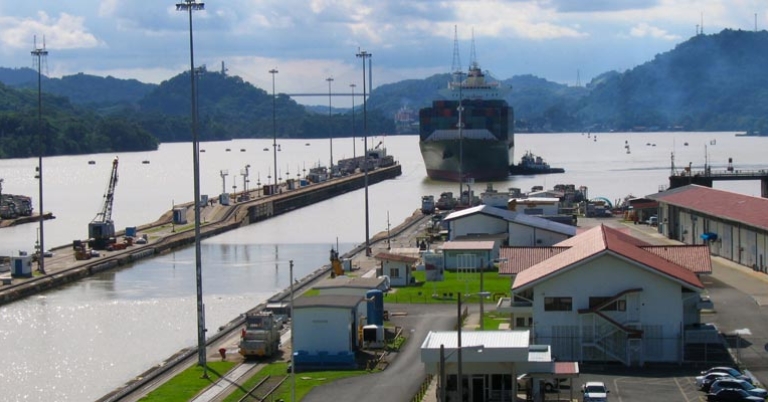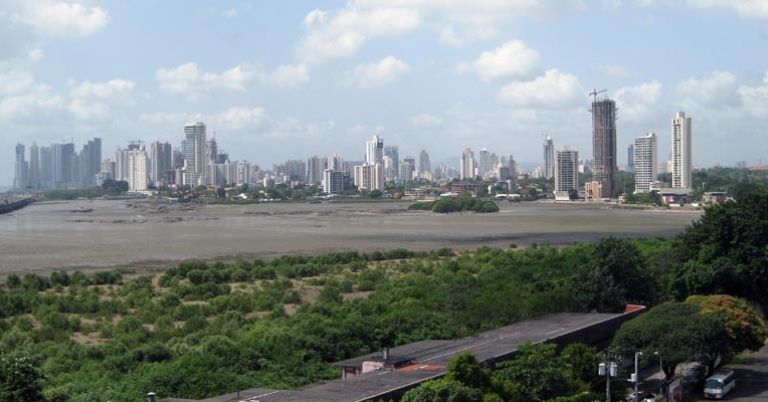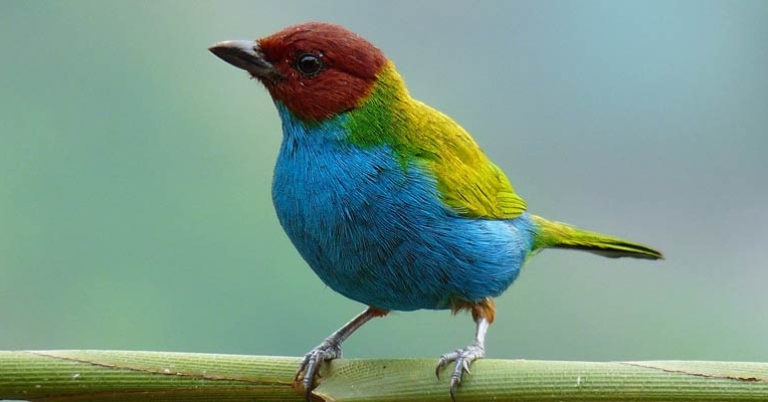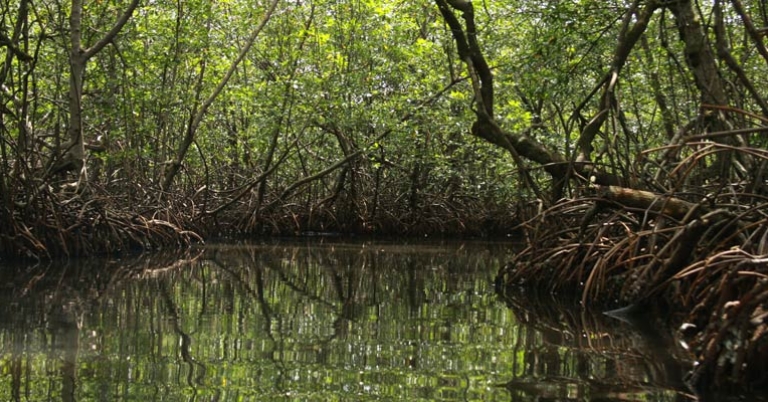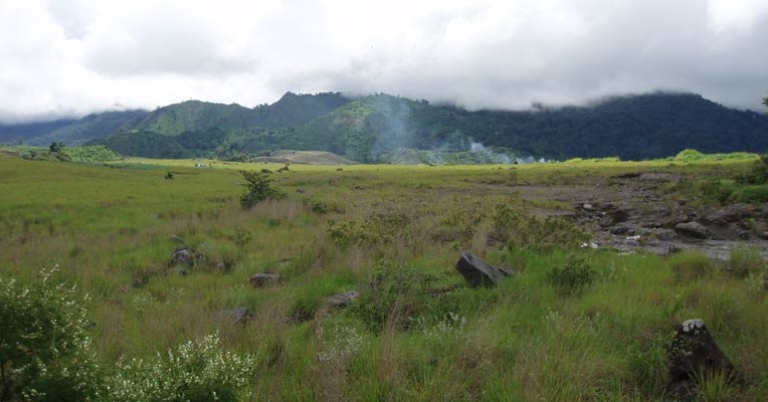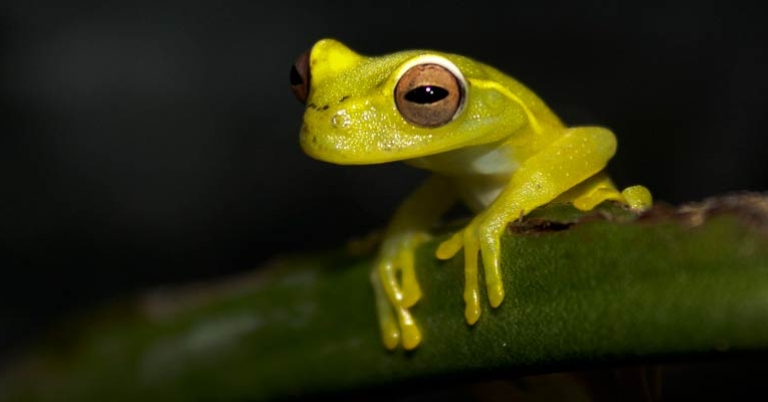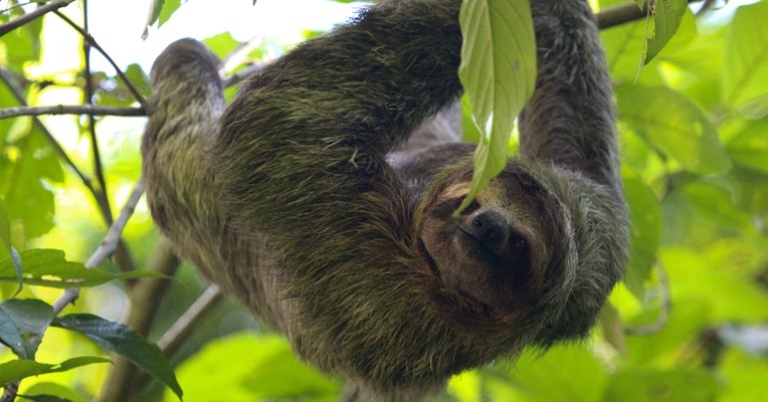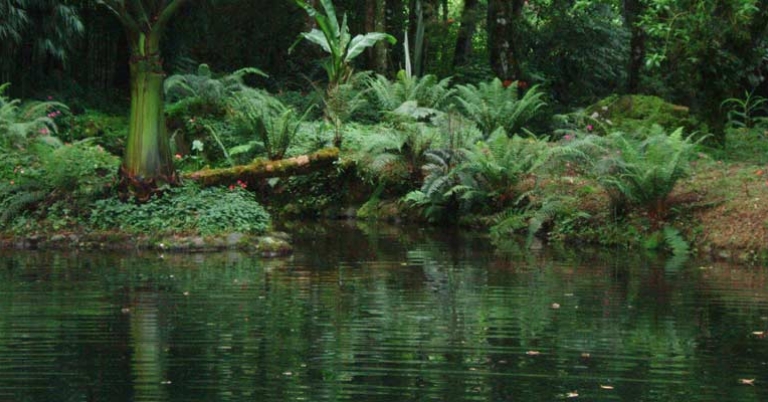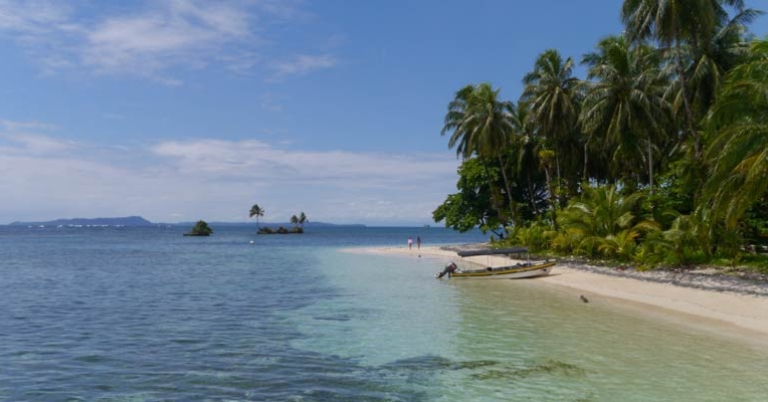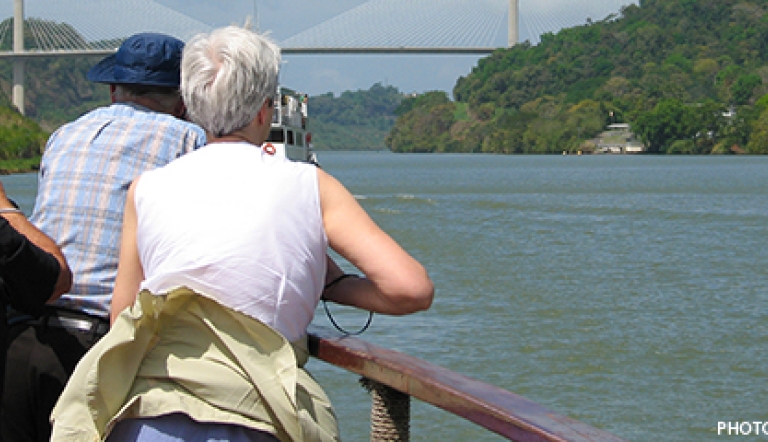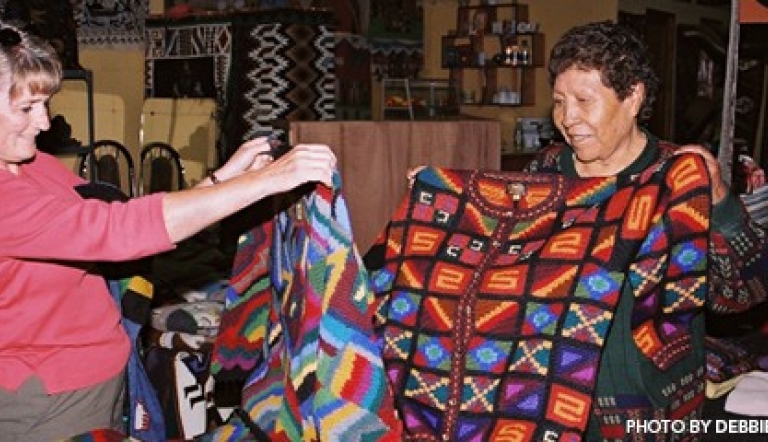Panama | Professional Development for STEM Education Leaders
About this trip
At the junction of two continents and the gateway to two oceans, Panama has long been appreciated for its strategically important canal, but the country’s extraordinary natural riches foster intimate engagement with tropical science. On this 11 day expedition with leaders in STEM Education, you’ll learn about ongoing research and conservation efforts for the unique birds, butterflies, amphibians, and marine wildlife that call Panama home. Expand your knowledge with the help of Smithsonian researchers. Discover the splendor of a tropical ecosystem at Barro Colorado Island—the largest forested island in the Panama Canal waterway. Explore tropical biodiversity through the rich endemic and migratory species of birds found throughout the country. Visit a private education program, known for their exceptional science instructional models. For a country, a little smaller than South Carolina, Panama offers us a discovery in STEM education through a comprehensive scientific exploration of the country!
Highlights
- Explore marine science research priorities in Bocas del Toro at the Smithsonian Field Station.
- Visit Barro Colorado Island, one of the most important Tropical Research sites in the world.
- Observe the biodiversity of neotropical birds as Panama is a premier birding destination and home to 900+ species.
- Stroll through Panama City and learn about the many cultural influences that shaped its history.
- Engage with local science education and a visit to the Brader School.
- View first-hand the engineering marvel that is the Panama Canal with a tour of Miraflores Lock.
Meet your leaders
Page Keeley and Joyce Tugel
Page Keeley and Joyce Tugel are nationally known leaders in STEM education and professional development. As former colleagues at the Maine Mathematics and Science Alliance, they provide professional development to school districts and projects throughout the U.S. and are frequent speakers at national conferences. Both are recipients of several national awards and Keeley’s numerous science and mathematics publications (included two books co-authored with Tugel) are used in schools and universities throughout the U.S. and internationally. Both have served as Board members of the National Science Education Leadership Association (NSELA) and National Science Teachers Association (NSTA). Keeley served as the 63rd President of NSTA.
$4,150
Per person
About this price
Land cost only. Does not include international airfare.
Single room supplement $660
What makes us different
Rich content
Peer exchange
Wildlife up-close
Service anytime
Cultural Discovery
Inclusive pricing
Daily Itinerary
Print ItineraryPanama City
Panama City
Gamboa
Gamboa
Gamboa
Boquete
Boquete
Bocas del Toro
Bocas del Toro
Bocas del Toro
Panama City
Pricing
Print Pricing$4,150
Per person
About this price
Land cost only. Does not include international airfare.
Single room supplement $660
What's Included
- Activities and meals as mentioned in itinerary
- Carbon Offset
- Full time guide for the duration of your program
- Internal flights relevant to itinerary
- Private transportation and driver for the duration of the program
What's Not Included
- International flights
- Trip cancellation coverage
Pricing Details
Cost is based on a minimum of 12 participants in double occupancy. Program may incur unforeseen fuel surcharges.
A $200 per person deposit and enrollment form is due to hold your space on this trip. This deposit is refundable 120 days prior to departure excluding a $100 cancellation fee. Cancellations after this date will result in loss of full deposit.
Travel/trip cancellation insurance is strongly recommended. For more information call Travel Insured at 800-243-3174 or visit travelinsured.com. Holbrook Travel's agency number is 15849.
Single room supplement $660
Final payment due date: March 25, 2018
Travel Info
Print Travel InfoEntry & Exit Requirements
U.S. and Canadian citizens must have a valid passport to enter Panama. Passports must be valid for at least three months after the date of entry.
A visa is not required for visits up to 180 days.
If you are not traveling with a U.S. passport, please check with the Panamanian Embassy for the requirements based on your nationality.
U.S. citizens entering Panama by commercial flight may be charged a $5 tourist fee if Holbrook does not make your air reservations.
Health Information
IMMUNIZATIONS
The Centers for Disease Control recommends that all travelers be up to date on routine vaccinations such as measles-mumps-rubella (MMR) vaccine, diphtheria-pertussis-tetanus vaccine, varicella (chicken pox) vaccine, and your yearly flu shot before every trip.
There are no vaccinations required for entry into Panama.
Some physicians recommend that travelers get hepatitis A and typhoid vaccines before visiting Panama.
Please consult your physician for additional information and recommendations based on your individual circumstances.
MALARIA
The CDC warns that travelers to Central America may be at risk for exposure to malaria. Malaria is caused by a parasite found in Anopheles mosquitos, which are active from dusk until dawn. Prevention is twofold: the use of anti-malarial drugs and the prevention of insect bites. If you choose to use an anti-malarial drug, as recommended by the CDC, see your physician for a prescription.
CHIKUNGUNYA
In June 2014, El Salvador reported locally transmitted cases of chikungunya in Central America. Local transmission means that mosquitoes in the area have been infected with chikungunya and are spreading it to people. Local transmission of chikungunya is now being reported in other countries in Central America. CDC recommends that travelers to the Central America area protect themselves from mosquito bites.
ZIKA VIRUS
Locally transmitted cases of Zika virus have been reported in Panama. Local transmission means that mosquitoes in the area have been infected with Zika and are spreading it to people. The CDC recommends that travelers to Panama protect themselves from mosquito bites. As a precaution, the CDC advises women who are pregnant to consider postponing travel to any area where Zika virus transmission is ongoing.
SUN EXPOSURE
The effects of the sun can be damaging to the eyes and skin. Spending time outdoors exposes you to the sun’s harmful ultraviolet (UV) rays, even on cloudy days. To protect yourself from the sun, use a broad spectrum sunscreen of at least SPF 15, protect skin with clothing, wear a wide-brimmed hat and sunglasses, and drink plenty of fluids.
Resources
Print ResourcesSuggested Packing List
To help you get ready for your expedition, below is a suggested packing list. You may find many of these items in our Gear Store, plus many clothing and accessory items.
CLOTHING
- T-shirts and one long-sleeved shirt for sun and mosquito protection
- Shorts for the field and in towns
- Pants (lightweight cotton), useful in the evenings and for protection against mosquitoes
- Lightweight rain jacket/poncho or sweater/sweatshirt, useful in the cool mornings and in the mountains
- Underwear
- Bathing suit
- Socks (bring extra pairs for the field)
- Shoes: a pair suitable for hiking
- Sandals
- Hat or sun visor
MISCELLANEOUS
- Binoculars (expensive ones are not necessary) and lens cleaner
- Flashlight
- Camera
- A small backpack for day walks
- Photocopies of all documentation, passport, and tickets
- Prescription drugs and a copy of the prescription
- Sunscreen
- Insect repellent
- Water bottle
- Non-perishable snacks
In addition to your toiletries, it is useful to pack a small medical kit, which you can easily prepare. Helpful items include bandages, mosquito repellant, antihistamine, a pain-reliever, individually wrapped moist towelettes, anti-diarrhea medicine, anti-fungal cream, and an extra pair of disposable contact lenses or eyeglasses if you wear them.
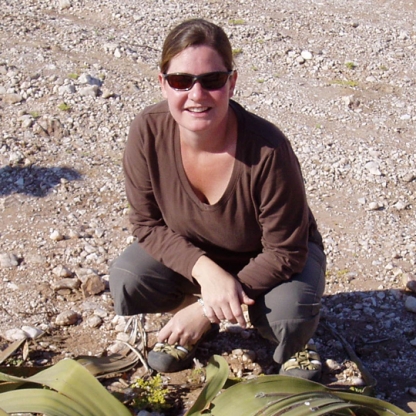
Questions
Contact Sandy Doss at sandydoss@holbrooktravel.com or 800-396-0763.
